Working together
Sadly, I could not find an academic job in 1996 with my newly minted PhD.
I learn years later (with much relief) of a plan deftly executed by some male planning academics to exclude me from Australian academic life. At the time, I am puzzled and suspicious. And desperate. I have to hang out the shingle and get back to work.
With Karl’s mental health in peril and nearly five years of full-time study taking a toll on my finances, I reluctantly return to the urban planning profession, “greening” my consulting practice the best I can.
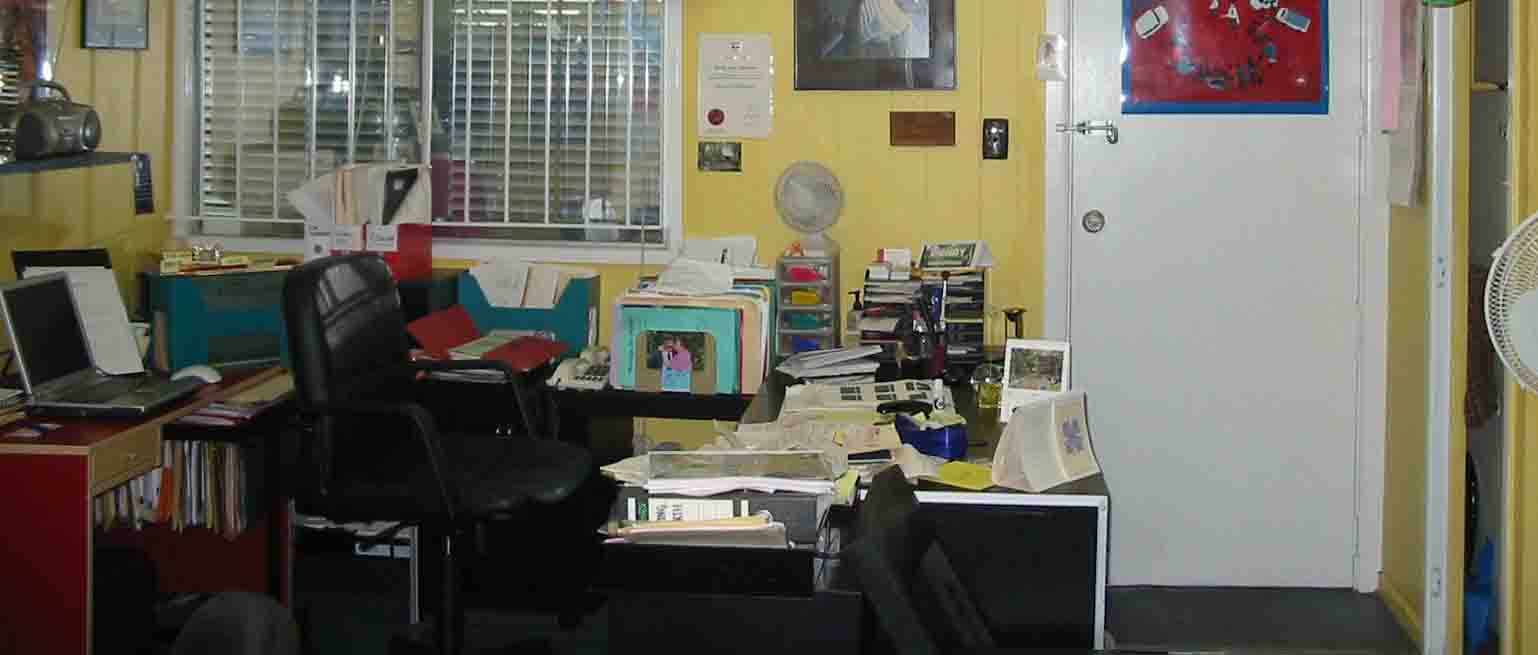
Karl becomes my colleague
Now with two relevant degrees, Karl becomes my community planning assistant and right-hand man. My colleagues and clients soon accept Karl: he is a flexible, personable, and handy tinker who can do (or fix) anything.
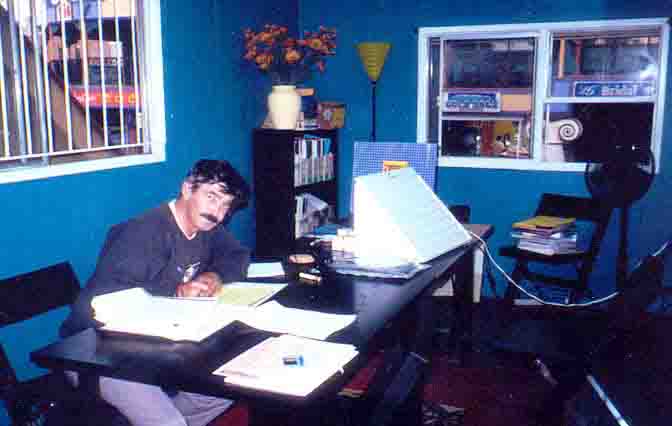
For Karl, that work ranges from setting up community workshops, designing, managing, and analyzing surveys, blowing up balloons, minding children, writing reports, and reading the political and professional climate, to fixing the car, shopping, cooking, and managing the household, and later building three rural eco-houses and maintaining a rural property.
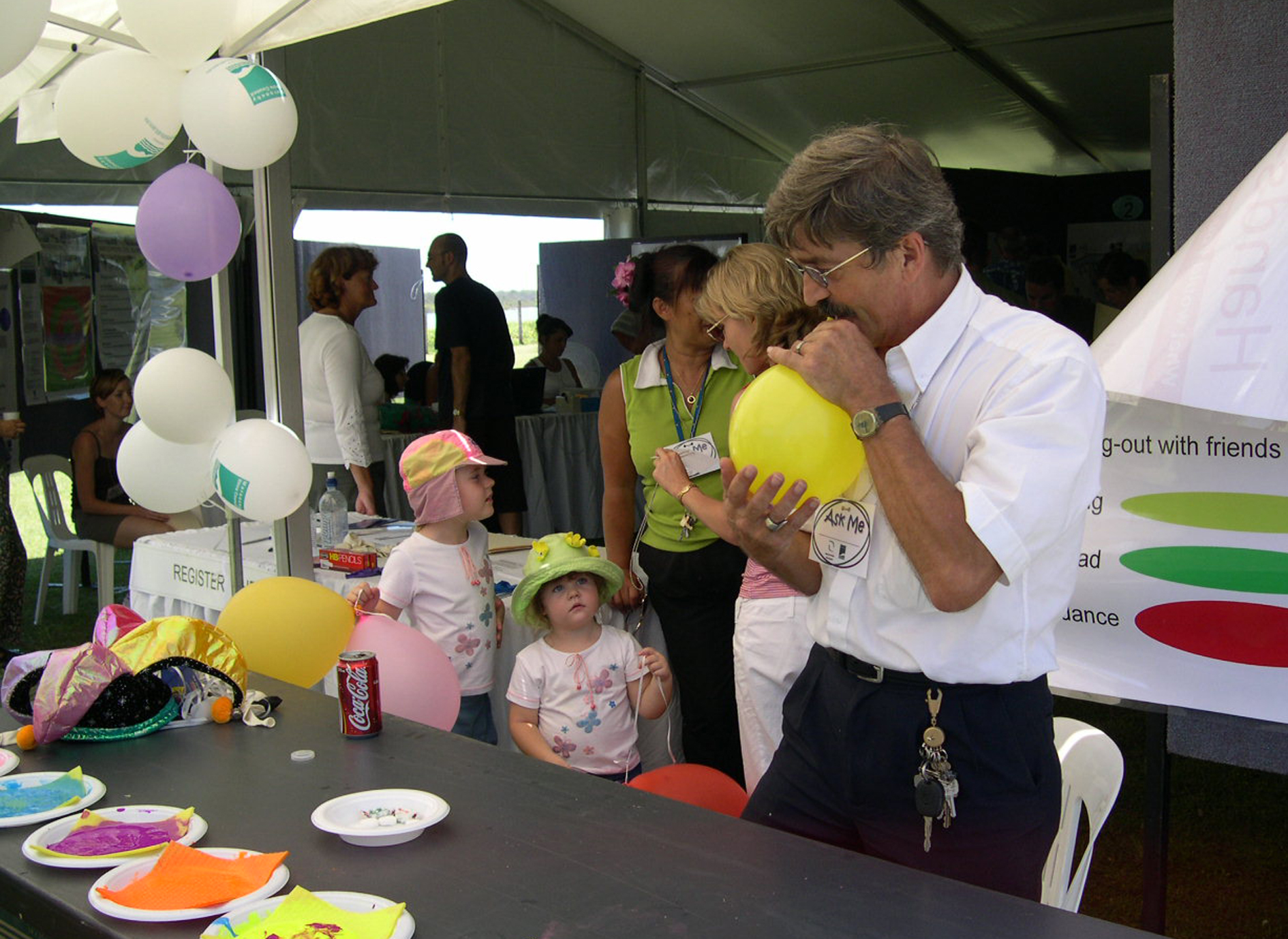
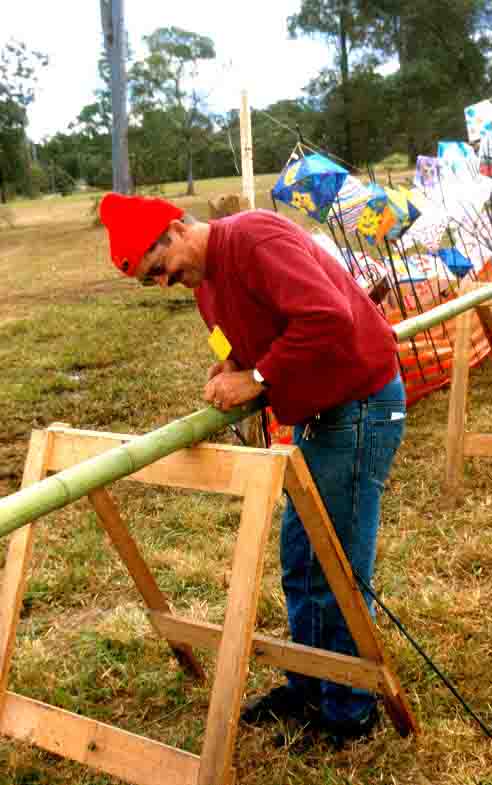
Working together in a small, independent consulting firm, we struggle in a competitive market to stick to our principles. And to make ends meet, facing ageism, clients who refuse to pay, duplicitous developers, a fraudster accountant, the threat of bankruptcy, the global financial crisis (GFC) and, finally, the loss of the ecological house Karl lovingly built.
Nevertheless, we produce six brilliant professional books and pioneer community engagement processes in planning that blew apart accepted paradigms. After we’ve both spent years studying full-time at university, our courage to begin again at midlife sustains us during our hard times. We agree that hardship deepens, rather than fractures, our love.
Personality types
Despite our differences, Karl and I have some things in common: our tested personality types. On the Myers-Briggs type indicators, I am an INFJ type, and he is an INTP: a pairing that turns out to be common. It’s even called “the golden pair”. Both personality types share the same energy needs (introversion) and the same way of perceiving the world (through intuition). The websites I consult advise that our differences will “add a spark of interest and intrigue.” That is, indeed, my experience.
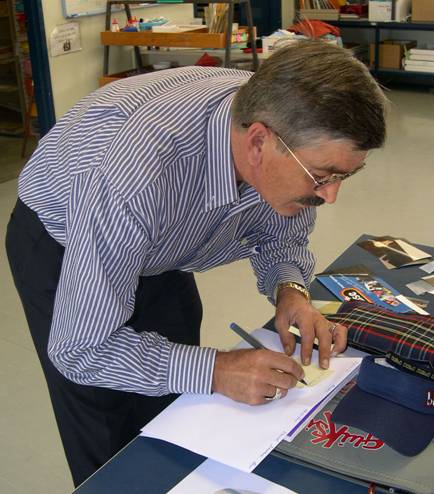
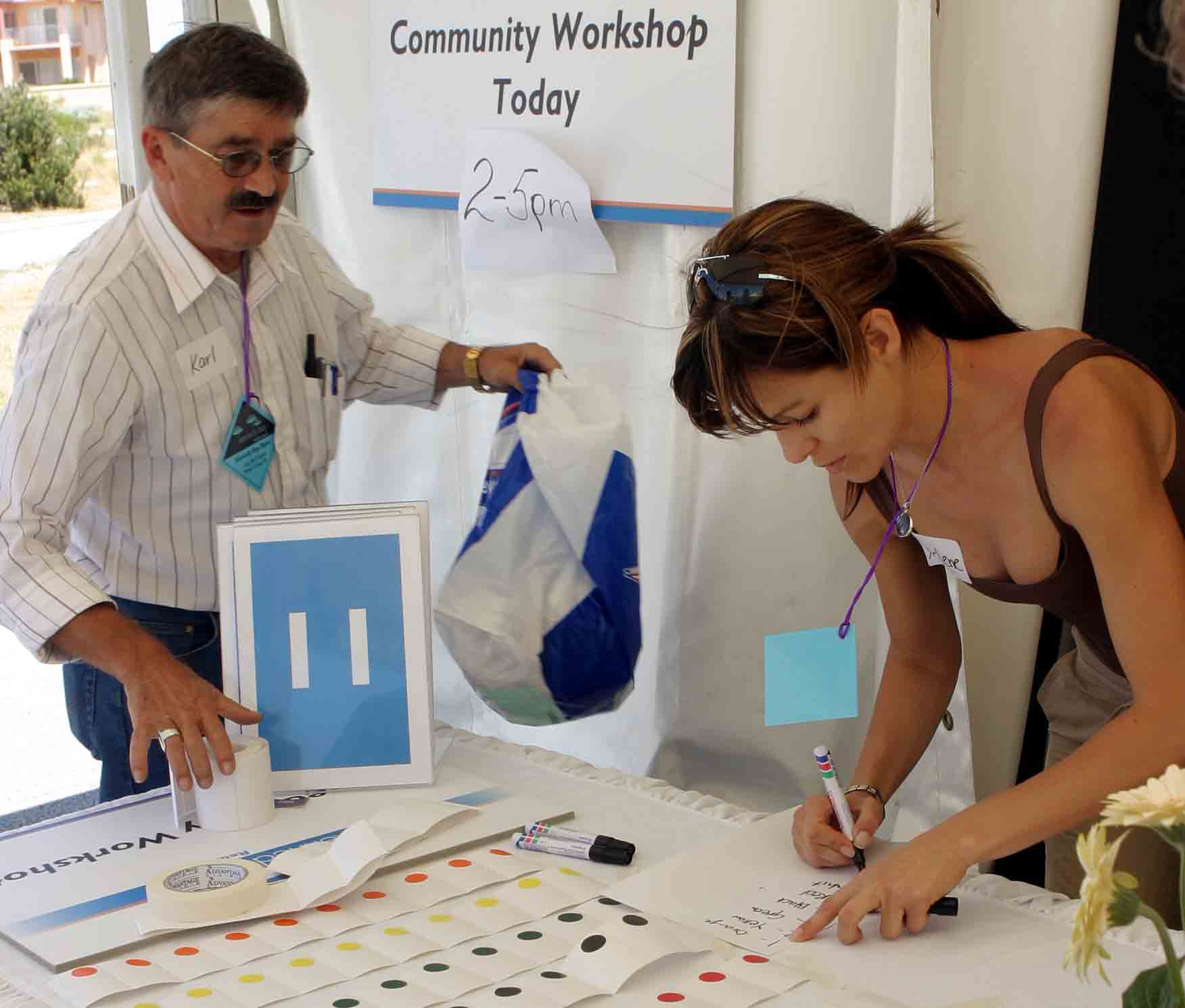
We try so hard, and yet I feel we failed – economically, as well as in other ways.
Sometime in 2013, things are so tough between us that I agonize about our future together. Our counselor is optimistic, but I have lost hope about our marriage. I write in my journal that “my relationship is over, and I want help to bring Karl to that realization.” I feel deficient, unhealed and incomplete, sighing that I need to do a lot of work on myself because of my painful childhood. I mourn my lost spirituality and just want the sadness and disappointment to go away. I feel responsible for the problems in my marriage.
Nevertheless, I declare, “there is no reason that Karl and I should not be together if I can fix myself.”
“Stay or Go”: Should I leave KARL?
I even draw up a “Go or Stay” matrix to help sort out the conflict in my heart. The “Go” list complains that Karl drinks, smokes, is lazy, lets me down, doesn’t carry his load, and is unreliable, amounting to “another responsibility” for me (like having a teenager in the house).
He loves me
At the top of the “Stay” column in my list, I write simply, “He loves me.”
That always wins out in the end. (I also note on the matrix that “I love him, too and I have to let go of my resentment.”)
Later, finding my matrix tucked in my journal, I feel guilty about how “utilitarian” it is!
Yes, THE LOVE Was there…
Around that time, we work with a gifted counselor to help us navigate a colossal betrayal. The Global Financial Crisis had destroyed my niche consulting business, and we cannot pay our mortgage. Morag, a friend, bought our eco-house for a song — guaranteeing us life occupancy as tenants. A few months later, Morag defaults on her contract without warning, leaving us homeless.
Still, Karl demonstrates an enormous capacity for humor. Andrew Ross, our counselor, notices Karl’s sense of mischief: how he always laughs at the most inappropriate moments in our counseling sessions.
Andrew sees what I see (“The Love”), which he describes in a touching poem in 2016:
Yes, the love was there
gently caressing
never mocking or cruel
we would laugh at the end
knowing all was on the mend.
The love was there
oh yes, the love was there
it was not just me
it was there for all to see.
